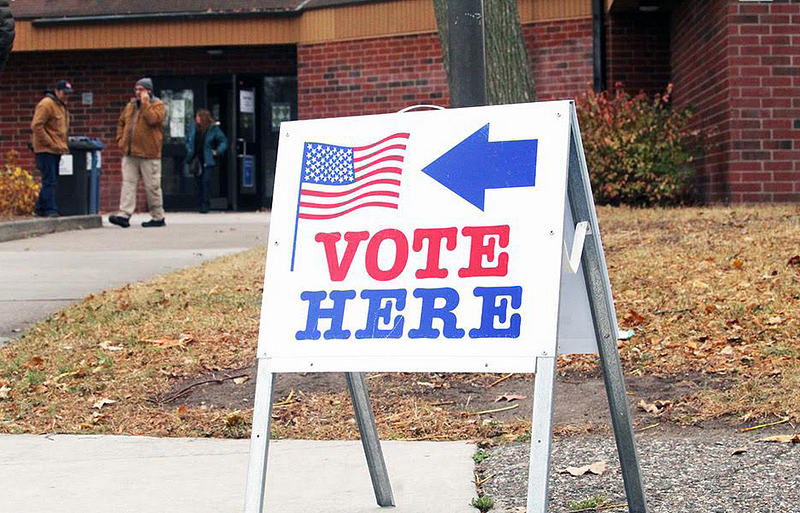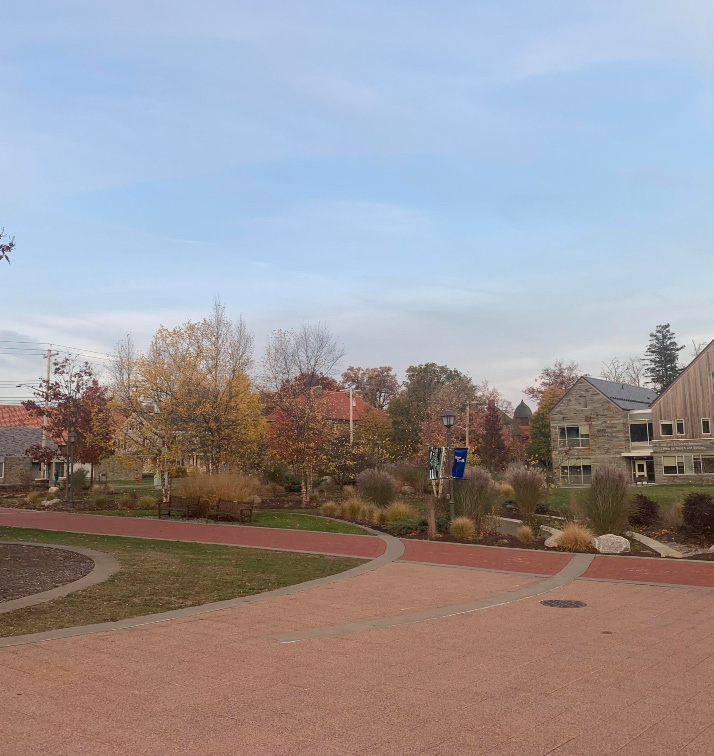
Over the past few weeks, there have been a number of different efforts by Hamilton students to get their peers on campus to register to vote. Often organized by HamVotes, these students have engaged numerous passersby along Martin’s Way, professing the duty shared by Americans to participate in the electoral process, especially during a presidential election year.
Despite all of the excellent work done by these organizations, it stands to reason that a great deal of the work they do could and should be assumed by Hamilton College itself. Obviously, the civic duty of voting has no direct connection with the explicit goals of a liberal arts college, which are to ensure that its students get a good education and are well-equipped to make a living once they graduate. However, there is a significant amount of overlap between Hamilton’s specific goals and those of civic engagement — namely, the desire to enrich the lives of students and encourage them to be responsible citizens. Consequently, it would be well within the college’s purview — and a boon to the development of Hamilton students — were it to assume control of efforts to raise civic participation among Hamiltonians.
The chief advantage of designating schemes to raise student voter participation as a collegiate duty lies within the immense resources that the college already possesses. While HamVotes has sufficiently committed members to operate a table outside during the day, the college’s inherent authority and access to more forms of communication would expedite and improve any voter registration drive it operates. Additionally, while students would obviously be a part of any efforts to encourage voter participation on campus, Hamilton’s organizational resources are such that these efforts would not have to schedule themselves around the existing commitments of its student participants.
The notion of raising civic engagement also fits extraordinarily well within Hamilton’s stated philosophical framework. What better way for students to show how much they “know themselves” than to express themselves on a ballot? These efforts could elevate Hamilton as a regional standard for how to create and stimulate a civically engaged student population.
Even if one were to look at Hamilton’s goals through the most cynical lens possible — as a race for alumni funding to increase the college’s endowment — there is enough support for involving the youth in the political process that a reasonable investment into the civic responsibility of Hamilton student. I do not believe that important decisions relating to the students themselves should be made with the fate of the endowment in mind, but it certainly cannot hurt that the school would likely stand to monetarily gain for engaging in such an effort.
There is also the matter of the partisan nature of some of the students seeking to raise voter engagement, such as the Hamilton Democrats. Given that civic participation is such an important aspect of civilian life in a democracy, placing efforts to get out the vote ought not to be so significantly in the hands of partisan organizations, no matter how much excellent work they do. Of course, this is not to cut student organizations out of the process entirely; these organizations generate a tremendous amount of enthusiasm and possess the ability to forge or call upon personal connections in order to get students excited about voting, something that no faceless college program can truly replicate. However, the guiding hand of the college administration would provide a more welcoming front for civically-minded students, especially given that they might feel reproachful about engaging with efforts to get out the vote on campus if they are still making up their minds about how they wish to vote.
In conclusion, Hamilton should use its resources to work alongside existing student organizations, assuming institutional control where necessary, to form a more comprehensive effort to get students involved in the American political process. The benefits these efforts would provide, be they philosophical, pecuniary or prestigious, would undoubtedly advance the college’s goals by underpinning the civic duties of a responsible citizenry that Hamilton students are entering.

























